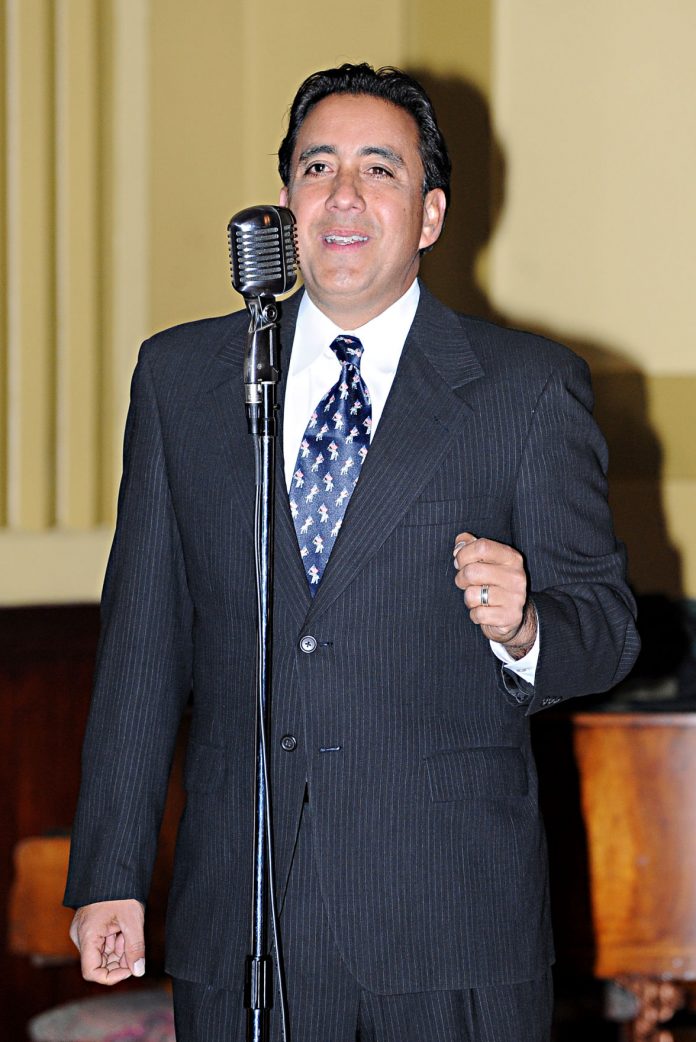
Measure J is headed toward a comfortable victory after one of the most historic, divisive races in the county’s modern history.
With 100 percent of precincts counted as of 12:27 a.m., Measure J had 5,021 yes votes to 3,733 no votes – or a 57.36 percent to 42.64 percent margin, according to unofficial results.
Measure J is the widely debated San Benito County initiative aiming to ban enhanced petroleum extraction such as fracking, cyclic steaming and well acidizing along with all petroleum activities in rural residential zones near the two cities.
Supporters have argued the measure is necessary to prevent water contamination, overuse of the resource and other possible environmental impacts such as earthquakes.
Opponents have contended the measure would violate their property rights, do harm to a local oil industry with great potential and possibly cost county taxpayers in litigation costs.
While the county’s Measure J debate has focused on a variety of themes such as economic impacts and political influence, environmental issues have been at the core. Concerns arising in mid-2012 over speculation about possible fracking in Aromas – surveying work at Graniterock’s quarry site there hasn’t resulted in any further exploration – sparked seeds in the campaign to get an initiative on Tuesday’s ballot. Those behind the efforts later turned their attention to Citadel Exploration’s plans to use cyclic steaming at Project Indian in the Bitterwater area near Pinnacles National Park, though the measure’s opposition has continually noted that most oil activity in California involves some form of enhanced extraction technology.
As it pertains to environmental issues, supporters have made arguments that include: Toxic chemicals used in fracking potentially cause cancer and other illnesses; fracking poses risks of contamination into aquifers and watersheds; the practice can cause earthquakes; enhanced extraction methods use too much water; they bring impacts to the landscapes and roads; and there would be impacts to species such as the endangered California condor at Pinnacles National Park, within 10 miles of Citadel’s project.
Measure opponents have contended fracking has been proven as relatively safe when compared with other extraction practices; there is no fracking in the county, where the geology isn’t conducive to using it; enhanced methods such as steaming are common, safe industry practices; water aquifers are separated from oil wells by hundreds of feet; and that water used in enhanced extraction is insignificant, especially compared with a farming industry that relies on the resource.
Both sides also have claimed that outside influences – big oil companies and large environmental groups – have driven the messages to this point. Oil companies funded the entirey of the record $1.9 million donated to the No on Measure J campaign through the latest reporting period, while the yes side raised slightly more than $100,000 through mostly individual donations.
Measure J would ban enhanced extraction practices effective Jan. 1. Additionally, it would ban all petroleum activities in rural residential zones, which are pockets surrounding Hollister and San Juan Bautista making up less than 10 percent of the county. Existing projects affected by the initiative would get one to three years to comply.
Look back for extensive reaction. For the latest election results, go to SBCVote.us.









